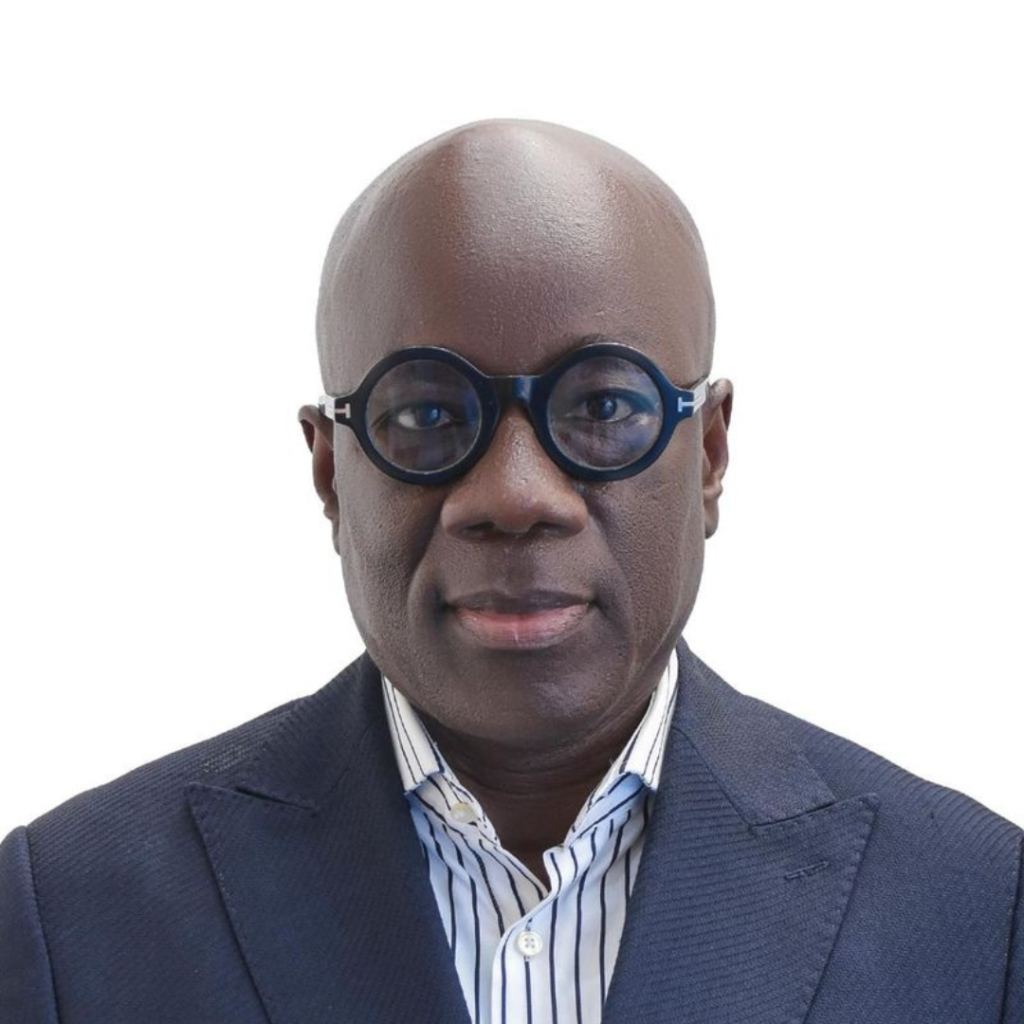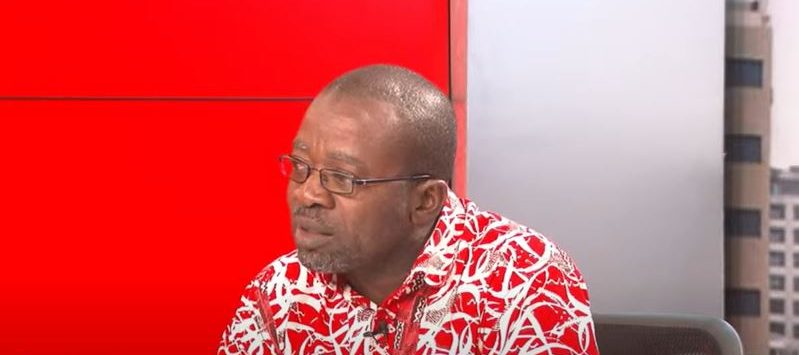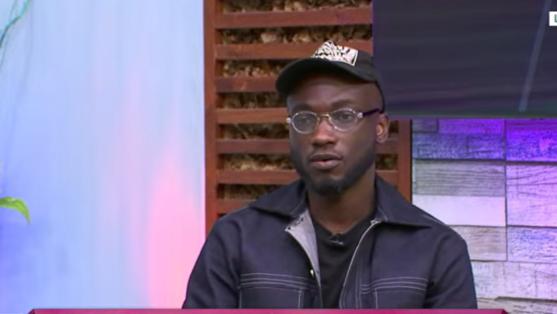The National Democratic Congress (NDC) has solidified its dominance in Parliament following Ewurabena Aubynn’s victory in the Ablekuma North rerun, raising the party’s total to 184 seats.
With the New Patriotic Party (NPP) holding 88 and four independents rounding out the current composition, the NDC now enjoys a decisive majority under President John Dramani Mahama’s leadership.
While the win marks a strategic triumph for the ruling party, governance experts are warning that the real challenge lies in how this majority is exercised.
Dr. Rasheed Draman, Executive Director of the Africa Centre for Parliamentary Affairs, welcomed the electoral outcome for the NDC but expressed serious concern about its long-term implications for democratic governance.
“If this is not used wisely – and is instead used to push a partisan agenda rather than a national one – then we’ll be in trouble”
Dr. Rasheed Draman, Executive Director of the Africa Centre for Parliamentary Affairs
He urged caution in the party’s legislative approach, explaining that Ghana’s democratic health depends not just on electoral victories but also on how the winning side handles power. “The majority is good for the NDC, but potentially dangerous for our democracy,” Dr. Draman emphasized.

NPP’s Ablekuma Loss
The Ablekuma North win represents more than just numbers in Parliament; analysts say it also reflects widespread discontent with the NPP’s performance.
“One thing that worked against the NPP was that the constituency was left to rot without any significant development for eight years”
Dr. Kwame Asah-Asante, Political Scientist
The political scientist identified party complacency, disregard and accompanying underdevelopment of the country as a whole, as major reasons for the new opposition’s loss. What happened in Ablekuma North was allegedly an extension of the public’s displeasure as witnessed in the 2024 elections.
Moreover, Dr. Asah-Asante noted that the constituency was historically seen as an NPP stronghold, making the result all the more damning. “The NPP received a real shock. This is their stronghold, and they should have cared for the people,” he said.
He further stressed that the outcome was foreseeable given the signs of neglect and political disconnect. “If you look at what transpired, the NPP caused their own defeat,” he added, attributing the outcome to a failure of leadership and strategic oversight.

Fears of Exploitation Dismissed
Despite fears in some quarters that a solid NDC majority could be exploited to push controversial constitutional amendments – including a hypothetical third term for President Mahama – Dr. Asah-Asante dismissed such speculation.
“The NDC won’t attempt to give John Mahama a third term. This society won’t accept it. Mahama is too wise and experienced to make that move”
Dr. Kwame Asah-Asante, Political Scientist
His comments suggest that while political maneuvering is expected, the institutional and civic resistance to presidential term extensions remains strong.
The current parliamentary arithmetic puts the NDC in a commanding position to pass legislation and advance key policy priorities without relying on cross-party support. However, experts insist this must be matched by a commitment to national unity and legislative discipline.
With President Mahama entering this phase of governance backed by a strengthened parliamentary front, the expectations on the ruling party to deliver – without abusing the mandate – have never been higher.
As observers watch closely, how the NDC wields its majority may define not just its legacy, but Ghana’s political trajectory in the years ahead.
READ MORE: Ghana Faces Identity Crisis After Hiplife Decline




















